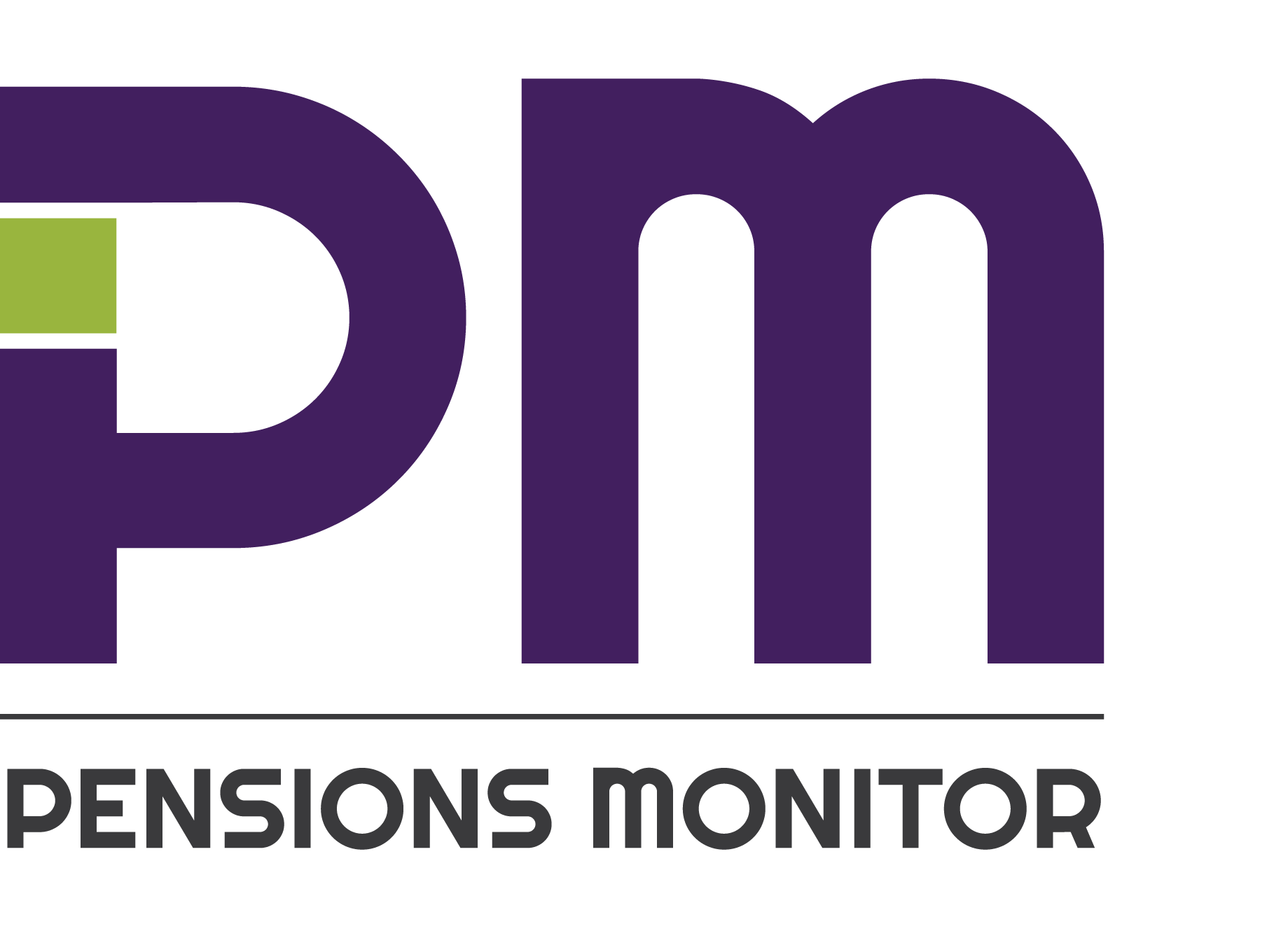Editorial policy
Pensions Monitor is committed to first-rate standards of publishing market research content.
1. Editorial policy
Pensions Monitor is committed to upholding first-rate standards in publishing market research content that informs, educates and guides stakeholders on End-of-Service Benefits Savings Schemes in the UAE and wider region. Our editorial scope is centred around market research, and includes, inter alia, thought-leadership content and other “point of view” articles that are relevant, balanced, and based on well-sourced and properly cited information.
2. Governance
Pensions Monitor Management Consulting LLC is a UAE-registered company, governed by Federal Decree-Law No. 32 of 2021 on Commercial Companies and other applicable laws. The company has appointed a Board of Directors in line with these legal requirements.
While the Directors are responsible for the overall governance and strategic direction of the company, they do not exercise control over content of the market research and related output. All content published on the platform reflects the views of the named author only, who is solely responsible for the accuracy and opinions expressed.
3. Code of practice
Each article published on Pensions Monitor clearly identifies its author. Authors are solely responsible for ensuring their content complies with applicable laws and regulations.
4. Conflicts of interest
Pensions Monitor is committed to transparency and will disclose any relationships or circumstances that could reasonably be perceived to influence the objectivity of commentary or analysis expressed by an author.
5. Third-party contributions
Pensions Monitor may occasionally publish articles by guest authors. These contributions will:
- Clearly disclose the author’s identity and licensing status (for example, SCA or other regulatory authorities).
- Disclose all relationships and circumstances that could be expected to undermine the objectivity and neutrality of the third party’s recommendation, including their personal interests, or any conflict of interest.
6. Commercial relationships
Pensions Monitor may have commercial relationships with certain organizations (e.g., advertisers) and may, from time-to-time, publish articles from such parties. Such content, if any, will be clearly labelled as an advertisement.
Pensions Monitor does not, under any circumstances, accept payment in exchange for publishing certain views.
7. General
Anonymous sources
We do not support the ‘anonymous source’ policy. However occasionally, names of interviewees or sources will not be published based on their request due to sensitivity of the issue or the nature of their jobs. We will also protect the identities of the more vulnerable sources who can incur disciplinary actions from their employers for revealing information to a third party.
In all cases, we remain accountable for verifying the credibility and relevance of anonymous sources when used.
Opportunity to reply
We are committed to correcting any errors and consequently a fair opportunity to reply to inaccuracies will be given to individuals or organisations when reasonably called for. We encourage you to contact us at info@pensionsmonitor.com to inform us of inaccuracies you have spotted.
Privacy
Pensions Monitor respects the privacy of individuals and will not publish personal details without consent. We avoid any unwarranted intrusion into private life, health, or family matters.
Harassment
Our team will never engage in or tolerate the use of intimidation, coercion, or harassment to obtain information or images.
COMMENT GUIDELINES
What kind of comments are we looking for?
We are interested in articulate, well-informed remarks that are relevant to our articles. We welcome your advice, your criticism and your unique insights into the issues of the day. We do not tolerate personal attacks, obscenity, vulgarity, profanity (including expletives and letters followed by dashes), commercial promotion, impersonations and incoherence.
Why do we moderate readers’ comments?
Our goal is to provide substantive commentary for a general readership. By screening comments, we have created a space where readers can exchange intelligent and informed commentary that enhances the quality of our information. While most comments will be posted if they are on-topic and not abusive, moderating decisions are subjective. We will make them as carefully and consistently as we can. Because of the volume of reader comments, we cannot review individual moderation decisions with readers and generally cannot alter a comment once it is posted.
How should you write a comment?
If you are writing a comment, please be thoughtful, civil and articulate. We only accept comments written in English; foreign language comments will be rejected.
Why are comments closed on an article?
The vast majority of comments are reviewed by a human moderator. Because of this, the number of comments that we are capable of moderating each day is limited. Typically, comment threads are open for 48 hours. After that point, we move to newer articles. It is unfortunate that some of these discussions do not have the chance to further evolve, but the benefit is that we are able to host a civil comments section.
When and where will your comment be displayed?
Since comments are moderated, they do not appear on the Website until they have been approved. Comments are typically posted faster during business hours. Moderation can be less frequent in the evening and on weekends. Comments are displayed directly below articles.
Do we edit comments?
No. Comments are either approved or rejected. However, we reserve the right to edit a comment that is quoted or excerpted on www.pensionsmonitor.com or on our affiliate blogs. In those cases, we may fix spelling, grammar or punctuation.
Should you use your real name when making a comment?
Using your real name is required — we have found that people who use their names carry on more engaging, respectful conversations. Once your comment is published, it can be found in search results on websites like Google and Yahoo. A Pensions Monitor representative may occasionally use the email address you have listed in the My Account area for a follow-up interview. For more information, please see our Privacy Policy.
What about criticism of Pensions Monitor?
We welcome strong opinions and criticism of our work, and do not hesitate to approve critical comments. However, personal attacks against our staff will not be permitted, and any criticism should relate to the article in question. Generally, we will not allow comments to become bogged down with discussions of our moderation policies, and we will moderate accordingly.
If you spot an error in an article, what is the best way to suggest a correction?
We appreciate it when readers and people quoted in articles point out errors of fact or emphasis and will investigate all assertions. These suggestions should be sent by email. To avoid distracting other readers, we will not publish comments that suggest a correction. Instead, corrections will be made to the article.
Readers dissatisfied with a response or concerned about the integrity of our content may reach nisha@pensionsmonitor.com.
What if I have more questions?
If you have additional questions regarding comments on www.pensionsmonitor.com, please use the contact us form.

